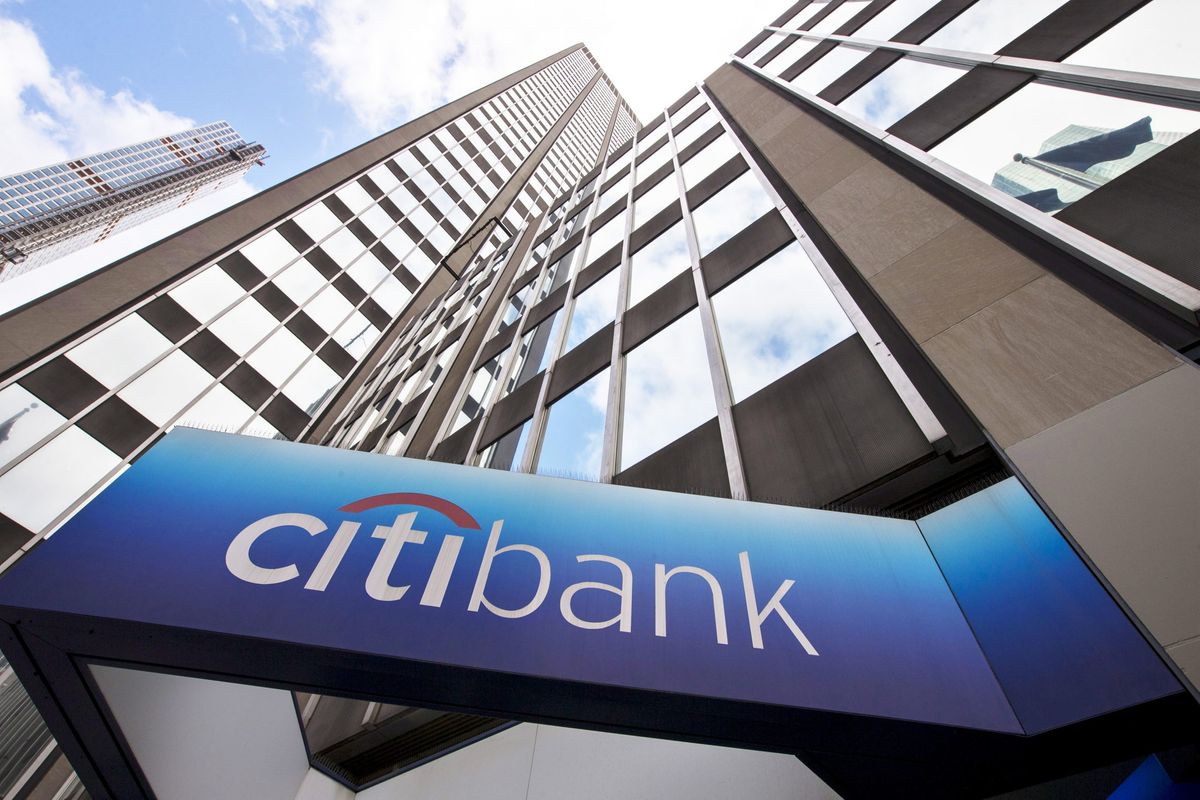Citigroup CEO Jane Fraser’s top challenges, explained

A few minutes every morning is all you need.
Stay up to date on the world's Headlines and Human Stories. It's fun, it's factual, it's fluff-free.
The pandemic has struck every major bank hard, but the challenges for Citibank could be even greater due to the increased assets that the bank has in credit cards, a type of loan that has seen the greatest risk of loss during the pandemic.
In February, Citigroup’s chief executive officer Michael Corbat will step down after a 37-year career at Citi, the last eight of which he has spent as CEO. Corbat will be replaced by Jane Fraser, who will inherit some of the top challenges that face the bank.
During Corbat’s tenure, the focus was on increasing consistent growth, a goal he achieved by setting the company up to routinely pass stress tests and show an acceptable return on equity. In 2019, Citibank led its competitors in growth, despite being smaller than competitors in almost every metric.
In addition to her clear qualifications as a Cambridge and Harvard graduate, as well as time spent at Goldman Sachs, Fraser will make history as the first woman to lead a major Wall Street bank. But that won’t shield her from the challenges facing Citibank and the other major banks at the current moment.
International volatility
Over the past two years, the international economy has seen a number of volatile challenges, including the trade war between the United States and China, Brexit and the coronavirus pandemic.
Some of these issues, particularly the US/China trade war, have not affected Citigroup as much as they have their competitors. For example, the shift in the soybean trade due to the trade war meant that China turned to South America instead of the US to avoid the Trump administration’s tariffs.
Such issues have indicated a broader problem facing the major banks. Volatility in the international economy can cause problems for banks that don’t have a functioning infrastructure in relevant countries when trade shifts.
Citigroup was fortunate to have an established sector in Argentina and Brazil, but challenges can easily arise if things shift to countries that Citi doesn’t have established networks in.
“When trade corridors shift, not every bank benefits,” says Eric Li, a Coalition trade-finance expert. “It can take years to develop a footprint in a given country or region.”
Future challenges are a real threat to all major banks. For Fraser, the question will be how to increase Citi’s economic stability in a geopolitical economy that is increasingly seen as anything but stable.
For this, however, Fraser’s resume makes her well-equipped. Fraser was born in Scotland, attended universities in two different countries and served as CEO of Citigroup’s Latin America operations, giving her an international perspective that will likely prove valuable in the volatile global market.
In a Citigroup press release, Fraser is quoted as saying, “We will invest in our infrastructure, risk management and controls to ensure that we operate in a safe and sound manner and serve our clients and customers with excellence.”
Coronavirus
The pandemic has struck every major bank hard, but the challenges for Citibank could be even greater due to the increased assets that the bank has in credit cards, a type of loan that has seen the greatest risk of loss during the pandemic.
Citigroup joined JPMorgan Chase and Wells Fargo in releasing more than US$5 billion in loan-loss reserves during the pandemic in a move that indicated confidence in their clients and the ability of the US economy to rebound. While a step in the right direction, the company still reported a 7% loss in net profits year-over-year in the fourth quarter of 2020.
More broadly, the difficulties the coronavirus pandemic has presented to major US banks undermined some of the stability that Citigroup had spent the better part of a decade building. For Fraser, the challenge will be regaining that sense of stability and consistency, while also creating firewalls that protect the company in the event of similar economic recessions in the future.
Correcting failures
In August, Citibank accidentally sent US$900 million to a client’s creditor, rather than the interest payment that was intended to be sent. The ordeal was a disaster, resulting in a US$400 million fine from banking regulators, and raised questions about the means Citibank had in controlling the payments it processed.
Though the situation has settled down somewhat since the court case in December, Jane Fraser will face scrutiny as it relates to the implementation of new policies and protocols going forward.
Despite the challenges she has ahead of her, Fraser has gained the confidence of both her predecessor and the board of directors.
“We believe Jane is the right person to build on Mike’s record and take Citi to the next level,” John C. Dugan, the chair of Citi’s board of directors, said in a press release. “Jane’s ability to think strategically and also operate a business are a unique combination that will serve our company well.”
Have a tip or story? Get in touch with our reporters at tips@themilsource.com




Comments ()